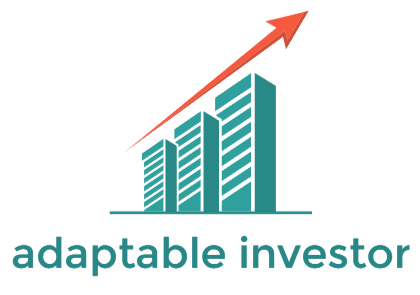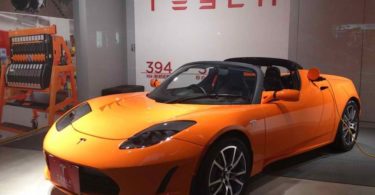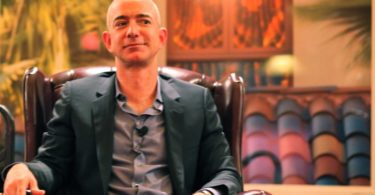Tesla (TSLA) stock popped nearly 10% on Monday as a prominent Wall Street analyst stirred up excitement about the artificial intelligence prospects for the electric vehicle maker.
In a research note titled “Unlocking Tesla's AI mojo,” Morgan Stanley analyst Adam Jonas upgraded Tesla to Overweight from Equal Weight and boosted his price target to $400 from $250.
“Investors have long debated whether Tesla is an auto company or a tech company,” Jonas wrote. “We believe it's both, but see the biggest value driver from here being software and services revenue. The same forces that have driven AWS to reach 70% of AMZN total EBIT can work at Tesla, in our view, opening up new addressable markets that extend well beyond selling vehicles at a fixed price.”
Jonas had previously downgraded Tesla in June amid its stock surge saying that investors needed to “wake up” from the AI-fueled dream. But now, Jonas is honing in on Dojo, Tesla's custom supercomputing system that trains its full self-driving model. Dojo could add “up to” $500 billion to Tesla's enterprise value, per Jonas, through faster adoption rate in mobility (meaning robotaxis) and network services.
“Dojo is the key to unlocking Tesla's double-flywheel effect – integrating and accelerating the synergies between Tesla's Core Auto Flywheel and Tesla's SAAS Flywheel … accelerating time to market and expanding the addressable market,” Jonas wrote.
Musk has mentioned before that Tesla is currently dependent on Nvidia for its chips, and it can't access as many as it wold like due to high demand. Jonas wrote that Tesla thinks it can “develop a more efficient system” without Nvidia instead.
“With a highly experienced semiconductor team, Tesla has built a custom AI ASIC chip, that, due to its core function of processing vision-based data for autonomous driving use cases, can operate more efficiently (energy consumption, latency) than the leading cutting-edge generative Al-purpose chips on the market (NVIDIA's A100s and H100s), and at a fraction of the cost.”
Tesla has made a slew of supercharging deals over the past several months, including a deal last week with Hilton hotels. The supercharger network has been seen as another source of revenue for Tesla outside the car market and its chips could further that growing investor thesis.
“With significantly increased computing power and faster processing speeds (latency), Tesla's path to monetizing vehicle software can materialize sooner, and at higher recurring revenue rates,” Jonas wrote. “We also for the first time incorporate non-Tesla fleet licensing revenue into our Network Services model as we expect recent charging station cooperation will extend into FSD licensing (discussions ongoing) and operating system licensing.”
Originally published on Yahoo.com






